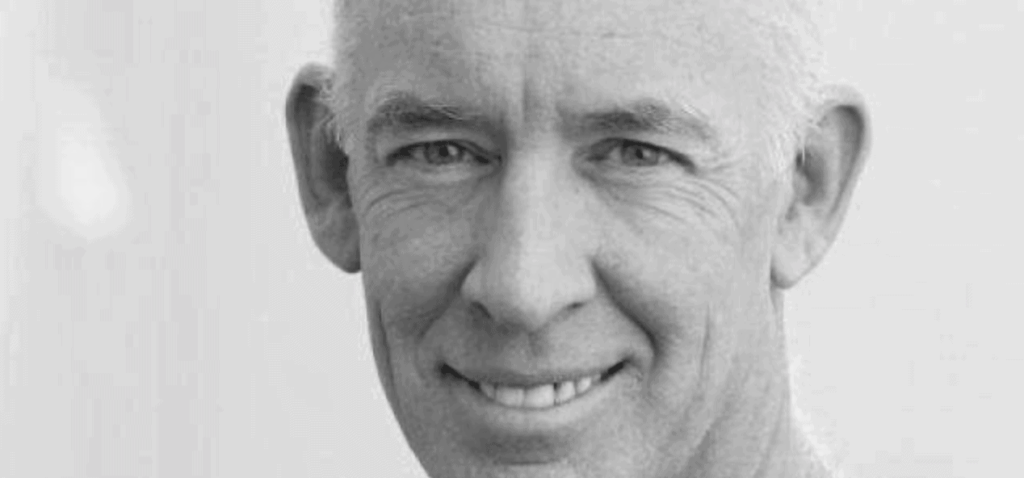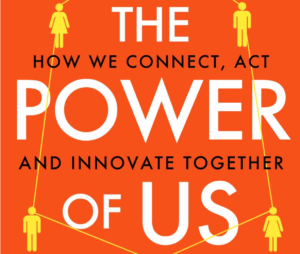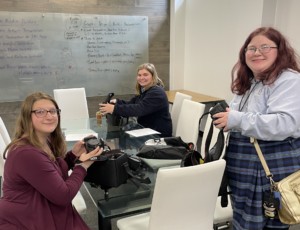John Winsor on the Open Talent Economy

After college, John Winsor followed his father and grandfather into publishing. He built a portfolio of sports and fitness publications. He saw the business changing and started crowdsourcing articles from athletes. That got him interested in open talent–work outside full-time employment including the freelance and gig economy.
Three years ago Winsor joined the faculty at Harvard Business School as a visiting executive and founded Open Assembly, an organization that hosts conversations about the future of work.
Winsor sees corporations embracing open talent because of the potential to get work done faster, better, and cheaper. He points to the NASA Center of Excellence for Collaborative Innovation which has conducted 400 open talent projects resulting in projects completed 4-5 times faster and 8-10 times cheaper.
The drop in the price of technology and the new openness to remote work makes it easier to work anywhere. Cloud services and commerce platforms make it cheaper and easier than ever to start a business. Learning platforms make knowledge ubiquitous. The combination has created a passion economy where individuals can do more of what they want when and where they want to work.
Winsor tells the story of a yoga instructor in Barcelona that makes $400,000 a year doing private Instagram classes–a mind-blowing example of what’s possible today.
He acknowledges that it will take a new social contract, potentially including a minimum income guarantee, to make open talent work for everyone.
“Being an entrepreneur takes space, safe space, with no distractions, and the ability to endure some failure,” said Winsor.
It will also take equitable access to a great education and lifelong learning. Windsor thinks high school needs to be a safe place to learn and fail and vessel for experiential learning–a place to learn, mature, start your search and find your passion.
On college, Windsor finds it “Astounding you can take classes from Harvard for free.” He notes that 40,000 people took the entrepreneurship class.
“The fluidity of our economy is astounding,” said Winsor. Access to open talent opportunities for everybody will take a new level of security.
Key Takeaways:
[1:11] John shares how and why he went to Colorado College.
[2:28] Is Colorado College still a ‘big block’ school? How did the way that the college was organized aid John in his learning?
[3:44] John reflects on receiving his MBA in Marketing at the University of Denver. Tom and John also discuss how both CC and UoD have evolved over time.
[7:07] How John got into the publishing business.
[9:48] About John’s interest in racing and cycling.
[12:33] How and where John became interested in the idea of open talent and the future of work.
[15:38] John defines what open talent is.
[16:52] Should everyone be in the ‘open talent’ space? Or is it something that complements full-time employment? What does John see, five to 10 years from now, for the open talent space?
[19:15] How it could be possible to create an open talent economy that is equitable for everyone.
[25:00] Ways to help the open talent economy scale in an equitable way.
[27:17] Advertising opportunities available through Getting Smart.
[27:47] Three years ago, John founded Open Assembly, an organization that produces content around open talent and more. John shares what they have accomplished so far with Open Assembly and what they’re trying to accomplish, going forward.
[31:12] What high school education for a market of open talent should look like.
[33:46] Does John agree with Ryan Craig’s advice around giving a “hard sprint to a good first job”?
[37:55] Will an open talent economy lead to the widening income and wealth gap?
[40:30] How we can all play a part in creating the foundation for an open talent economy.
[43:02] Tom thanks John for joining the podcast!
Mentioned in This Episode:
John Winsor
Harvard Business School
Open Assembly
Diffusion of Innovations, by Everett M. Rogers
Spark: Be More Innovative Through Co-Creation, by John Winsor
Flipped: How Bottom-Up Co-Creation is Replacing Top-Down Innovation, by John Winsor
Crowdsourcing: Why the Power of the Crowd Is Driving the Future of Business, by Jeff Howe
[email protected] — Email Jessica to learn more about sponsorships and advertising opportunities with Getting Smart!
Toptal
Getting Smart Ep. 264: “Ryan Craig on Putting America Back to Work”
“1,000 True Fans,” by Kevin Kelly
“One Thousand True Fans: All You Need to Know about Marketing in a Single Article,”
by Jeroen Riemens
For more, see:
Stay in-the-know with innovations in learning by signing up for the weekly Smart Update.








0 Comments
Leave a Comment
Your email address will not be published. All fields are required.